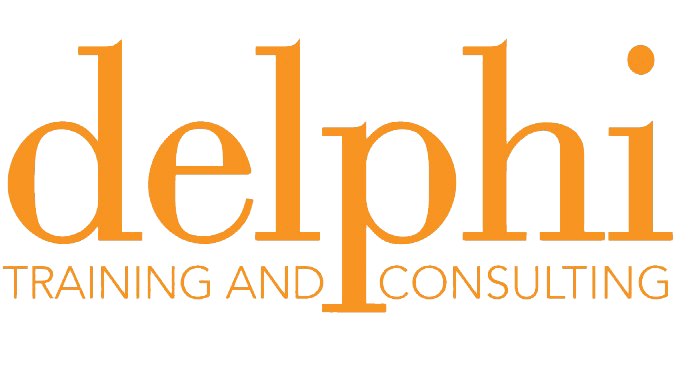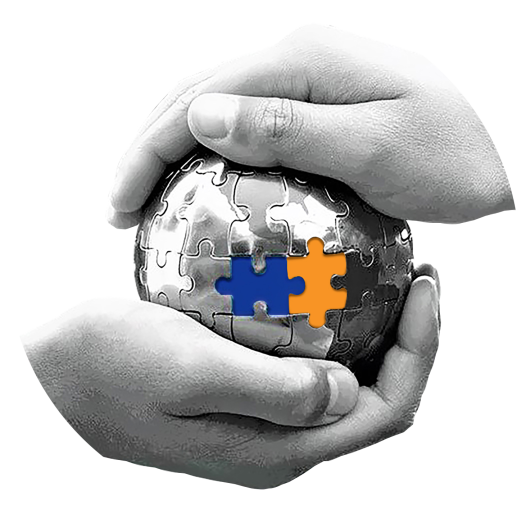
Join our NETWORK
Get all latest news, event updates and access to resources & information.

Family, domestic and intimate partner violence is a social problem of epidemic proportions. It cuts across socio-economic, cultural, and educational backgrounds. In short, any person may find themselves caught in an abusive, violent or at-risk situation.
Domestic, family and intimate partner violence is complex and multifaceted. Family violence is often hidden. When others are aware, it may be considered a private matter, and outsiders should not interfere. Those who do know about it can feel helpless and may be confused and impatient, ‘why doesn’t she/they/he just leave?’. Research shows that it generally takes 7 plus attempts to leave before finally escaping such a situation. Leaving is the most at-risk time. The impacts are ongoing at personal, financial, work, social and family relationship levels.
As of 23 February 2023, ten days paid domestic violence leave became available for all workers, fulltime, part-time and causal. An employee requesting leave entitlements is in crisis. As an organisation, it is paramount to create an environment where staff members feel ‘safe enough’ to reach out. This necessitates particularly those in Human Resources, managerial, supervisory and team leader roles being equipped to respond with a trauma informed, empathic, and non-judgmental approach. Client, patient and customer facing employees need to be mindful of the possibility of family violence risk, alert to warning signs and know what questions to ask.
This training provides a foundation for understanding the complex interpersonal dynamics related to domestic abuse and family violence, make sense of at times confusing, contradictory, and inconsistent behaviour by the victim-survivor, assist access to leave entitlements, external supports and adjust work responsibilities where necessary through a period of crisis.
Participants will be able to:
This training is designed for roles in:


Get all latest news, event updates and access to resources & information.